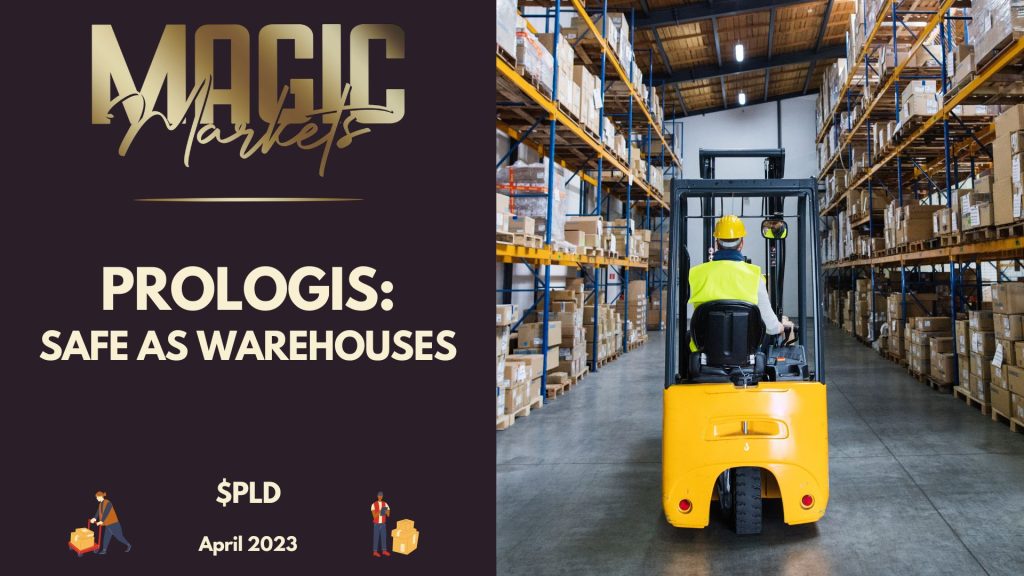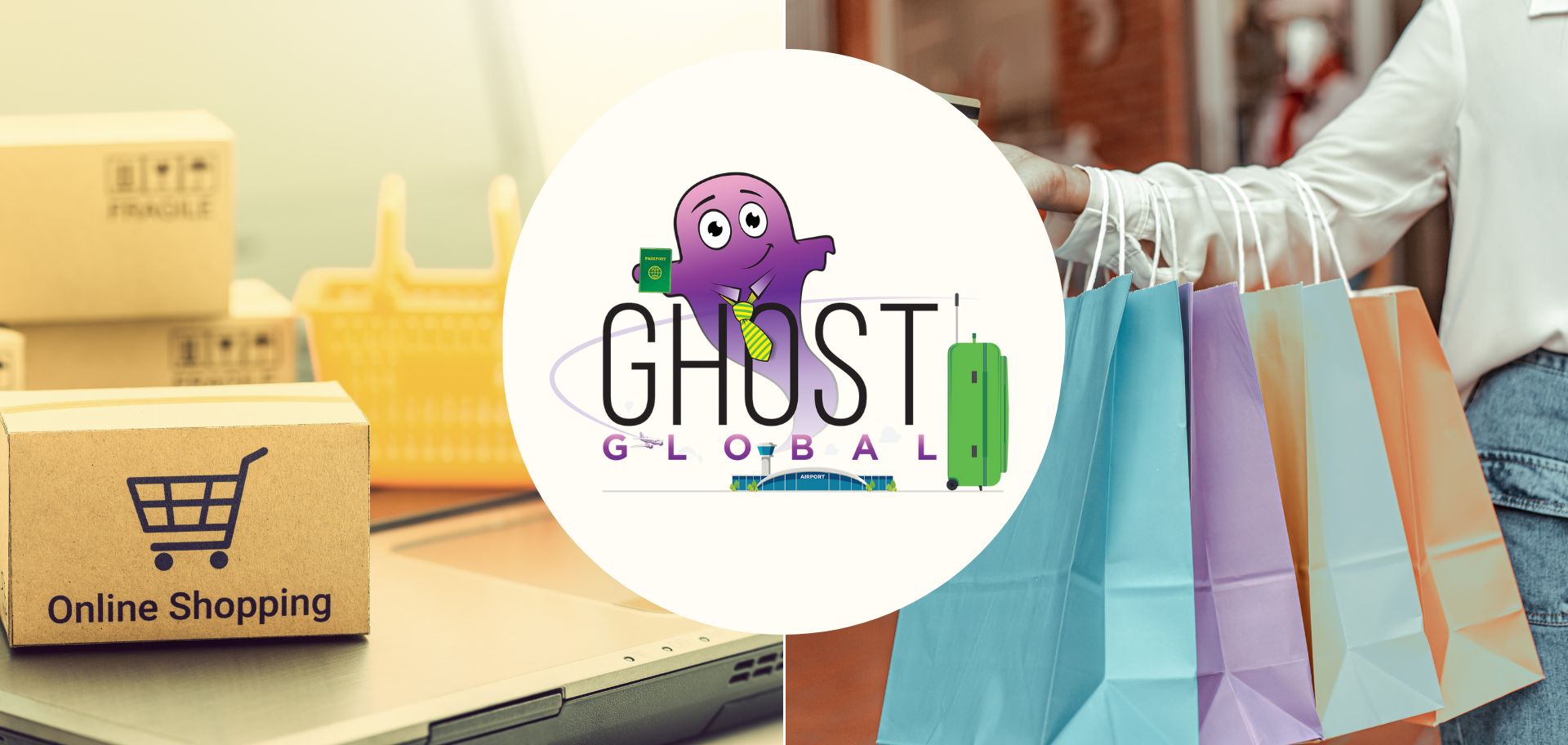Ghost Global is brought to you in collaboration with Magic Markets Premium. For detailed weekly research into global stocks and a library with over 80 reports, subscribe here for just R99/month.
Click. Pay. Move on.
Consumers love shopping online. This has become a crucial strategy for retailers both globally and in South Africa, effectively turning a traditional shopping experience into a digitally enhanced festival of convenience.
Well, almost. Have you dealt with courier companies before? “Convenience” doesn’t feature for some of them.
Enter the store footprint
This is where omnichannel retail becomes important. Nobody describes omnichannel retail better than the management team at Home Depot ($HD – see our research here) and their comment that there are “thousands of varying paths” where physical and digital assets work in harmony to deliver a great experience to customers.

Or, even more simply, this is the process where you browse online and collect in store. Alternatively, try it out in the store and order online once you’ve made your mind up.
Whatever.
Home Depot doesn’t care which route you take, as long as you buy from them.
Nobody talks about Home Depot as an eCommerce giant, yet the company is the fifth-ranked eCommerce retailer in the US. That’s the overall ranking, not the ranking just in home and building materials.
With a network of over 2,300 stores in North America that can serve as fulfilment centres for orders, it’s little wonder that omnichannel is working out well for Home Depot.
Small stores, big revenues
Back in May, we covered an excellent little company called Lovesac ($LOVE – see our research here). If you’ve ever bought a Fatsak (now called Vetsak) in South Africa, you’ve got the idea. These are premium beanbags and modular couches that are thoroughly modern and extremely comfortable, aimed at a high income consumer market.

The magic in this omnichannel strategy is high trading density – a measure of sales per square metre of trading space. You see, Lovesac has small showrooms that allow customers to at least see and touch a few examples of the products, with all the customisation decisions made using online tools. The showrooms are exactly that: showrooms. This is different to the Home Depot approach of using the retail stores as a glorified warehouse.
In fact, the “big box” approach of a Home Depot means that the retail stores usually are warehouses. They were always built to maximise in-store stockholding and sell bulk goods rather than optimise the customer experience. A showroom is the polar opposite approach to this.
Either approach can work, though a premium strategy with high margins will often carry a premium valuation.
Luxury plays in this space, too
The Magic Markets Premium library has over 80 reports in it, so there are several examples that we can use to make this point. One of them is Farfetch ($FTCH – covered here), an online luxury goods retailer.

You might recognise the name based on a deal that Farfetch concluded with local hero Richemont to take a stake in YOOX NET-A-PORTER, a very strangely named online luxury goods platform. Richemont experimented with this business and didn’t manage to get it right.
It’s not like Farfetch is exactly a gold mine, either. There isn’t much of a moat here and it’s difficult to see a path to real profitability, as is the case for so many online retailers. Farfetch has a particularly confusing business model, as there are some physical stores in the group but not many.
There are at least two lessons from Farfetch: (1) there is demand for luxury goods online and (2) omnichannel is more profitable than pure online retailing, even at this end of the market.
Safe as (ware)houses?
Have you ever wondered what this push into eCommerce and omnichannel means for the property sector?
Even with omnichannel, a shift from retail stores towards warehouse space means that property funds have been experiencing different levels of demand. An omnichannel strategy still requires retail space but the companies can get away with having less space if more sales are taking place online.
Enter Prologis ($PLD – covered here), the world’s largest owner of logistics and warehouse property. Not only is tenant demand strong, but Amazon as the largest tenant is only around 5% of annualised base rent. There are many people knocking on Prologis’ doors for warehouse space, which is good news for pricing power and income growth.

With well over 80 research reports on global stocks available in the library, a subscription to Magic Markets Premium for just R99/month gives you access to an exceptional knowledge base that has been built since we launched in 2021. There is no minimum monthly commitment and you can choose to access the reports in written or podcast format, or both of course – in true omnichannel fashion!



